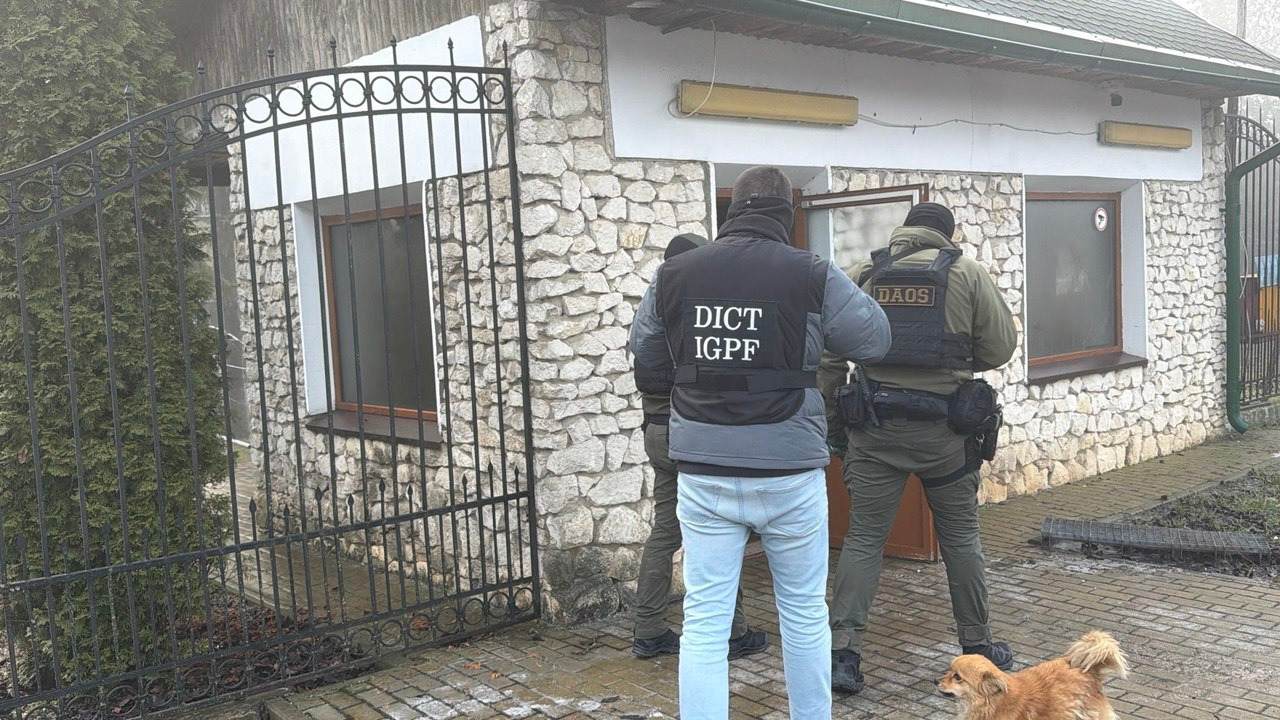Russia's Electronic Warfare Disrupts Baltic GPS
Satellite geolocation (GPS) has been experiencing disruptions in the Baltic Sea region for several months. Suspicion immediately falls upon Russia, given its history of alleged cyber interference during NATO military exercises.

Last week, German Defense Minister Boris Pistorius also suggested that Russia was "probably responsible" for the GPS disruptions in the Baltic Sea. This is likely due to the deployment of Krasukha-S4 and Tobol electronic warfare devices in the Russian enclave of Kaliningrad, situated between Poland and Lithuania.
Furthermore, in March, the Falcon 900 plane carrying British Defense Secretary Grant Shapps was apparently a virtual target while flying near the area.
Sweden has launched an investigation into the incidents, led by its armed forces' intelligence and security service (MUST). In January, the director of the Swedish services, General Thomas Nilsson, told the Aftonbladet newspaper that the incidents were "serious," emphasising that "several military operational capabilities depend on a functional GPS system." It seems all of this was part of Russia's so-called "hybrid" activities against Sweden.
This interference significantly impacts both air and maritime traffic. Civilian ships rely on the GPS-based Automatic Identification System (AIS) for safe navigation. Additionally, Sweden asserts that this disruption harms the regional economy.
The head of the Swedish navy (Svenska marinen), Ewa Skoog Haslum, believes this Russian "interference" in the Baltic Sea demands a "NATO response." She suggests this response "could involve using all means necessary" by the Allies (of which Sweden is now a member) to "accompany commercial ships, help with navigation, and other tasks."
The conflict in Ukraine and Russia's ongoing "cold war" against the West highlights the potential for this situation to escalate in worrisome ways.
Author: Dan Alexe
Translation by Iurie Tataru





